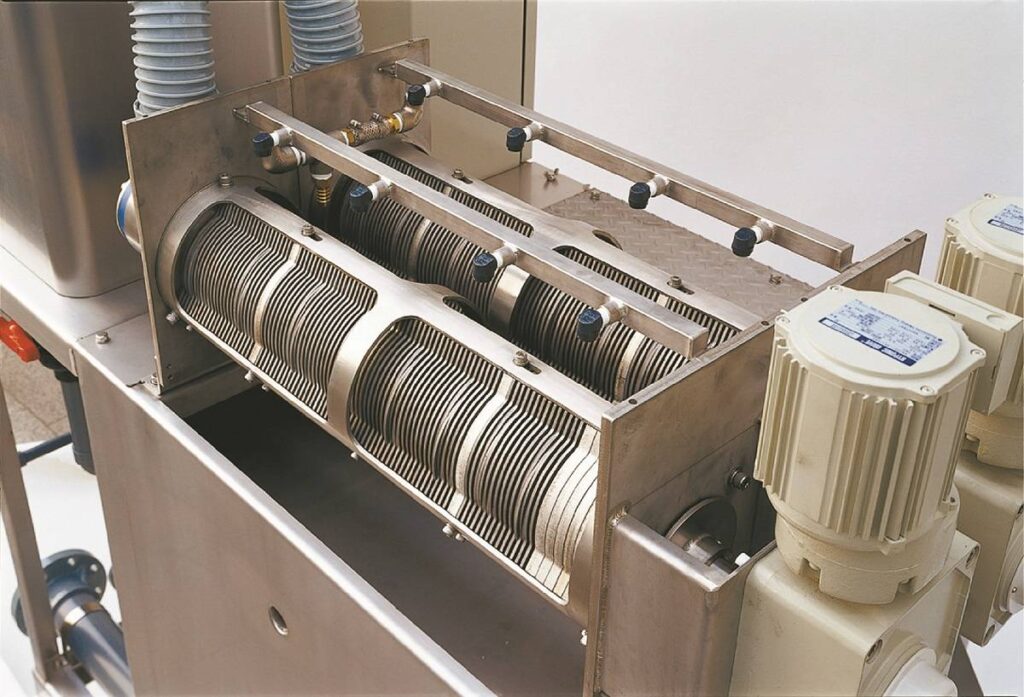In various industrial applications, the term “filter press sludge” is commonly used to describe the residual material that is produced during the filtration process. In this article, we will explore what a filter press sludge is, its composition, and how it can be managed.
Composition of Filter Press Sludge
What is a filter press sludge? The composition of filter press sludge can vary depending on the specific application and the type of filter press being used. However, in general, the sludge is composed of the following components:
- Solids: The primary component of filter press sludge is the solid material that was separated from the liquid during the filtration process. These solids can include particles, fibers, and other contaminants that were present in the liquid.
- Liquid: The filter press sludge may also contain a small amount of liquid, which is typically the filtrate that passed through the filter press during the filtration process.
- Chemicals: Depending on the specific application, chemicals may be added to the filter press to aid in the separation process. These chemicals can include flocculants, coagulants, and other additives that help to remove impurities from the liquid.

Management of Filter Press Sludge
The management of filter press sludge is an important aspect of industrial processes, as it can have a significant impact on the environment and the bottom line. There are several ways to manage filter press sludge, including:
- Disposal: One option is to dispose of the filter press sludge in a landfill or other designated waste disposal site. However, this method can be costly and may have negative environmental impacts.
- Recycling: Another option is to recycle the filter press sludge, either by reusing it in the same process or by converting it into a useful product. For example, the sludge can be used as a soil amendment or as a component in the production of construction materials.
- Treatment: The filter press sludge may also require treatment before it can be disposed of or recycled. This can include physical, chemical, or biological treatment methods to remove impurities and reduce the risk of environmental contamination.
Conclusion
In conclusion, filter press sludge is a residual material that is produced during the filtration process in various industrial applications.
The composition of the sludge can vary depending on the specific application and the type of filter press being used.
The management of filter press sludge is an important aspect of industrial processes, and there are several options available, including disposal, recycling, and treatment.
By properly managing filter press sludge, industries can minimize their environmental impact and reduce costs associated with waste disposal.